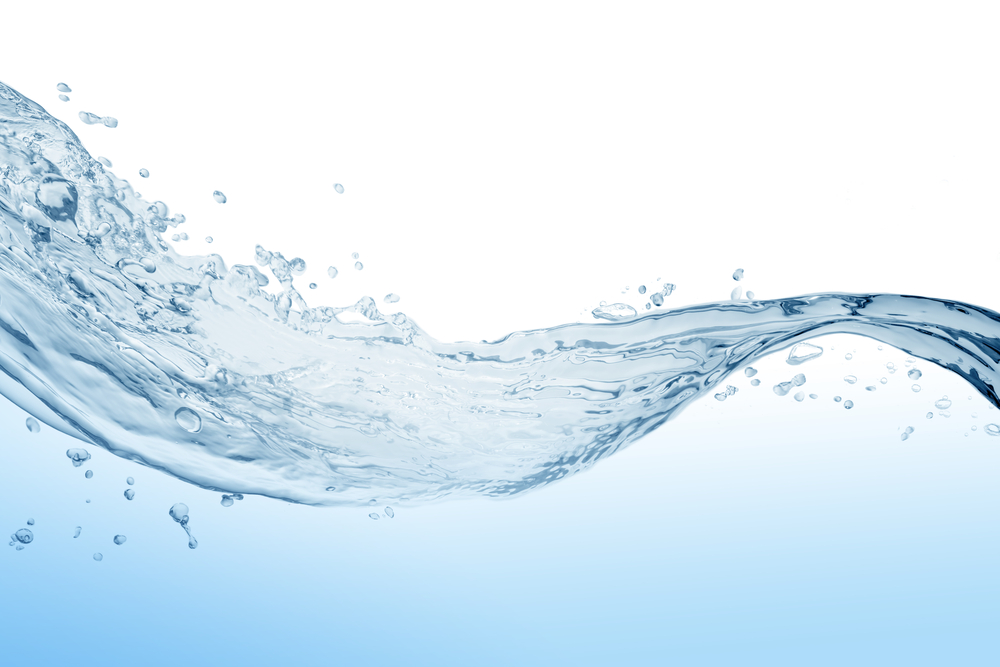How to Choose the Right Commercial Water Purification System for Your Business

In today’s world, ensuring access to clean and safe water is essential for any business. Whether you’re running a restaurant, a manufacturing plant, or an office, selecting the right commercial water purification system is crucial for maintaining water quality and meeting health standards. This guide will walk you through the key considerations for choosing the ideal water purification system for your business.
Why Water Purification Matters
Water is a fundamental resource, and its quality directly impacts both health and operations. For businesses, clean water is not just a regulatory requirement but also a critical factor in ensuring product quality, protecting equipment, and enhancing employee satisfaction.
Common Contaminants in Commercial Water Supplies
Before selecting a purification system, it’s important to understand the types of contaminants that might be present in your water supply. Common contaminants include:
- Microorganisms: Bacteria, viruses, and protozoa that can cause illness.
- Chemicals: Pesticides, heavy metals, and industrial pollutants.
- Sediment: Particles that can affect taste and cause wear on equipment.
- Organic Compounds: Substances that may affect water quality and taste.
Assessing Your Business’s Water Needs
Determine Water Usage
Different businesses have different water needs. Assessing your water consumption and usage patterns will help you choose a system that can handle your specific demands. Consider:
- Volume: How much water does your business use daily?
- Flow Rate: How quickly do you need water to be purified?
- Application: Is the water used for drinking, cooking, manufacturing, or cooling?
Evaluate Water Quality
Testing your water supply for contaminants is essential. This analysis will help you identify the specific purification requirements for your business. You can get a professional water quality test or use at-home testing kits for preliminary results.
Types of Commercial Water Purification Systems
Reverse Osmosis Systems
Reverse Osmosis (RO) systems are highly effective at removing a broad range of contaminants. They work by pushing water through a semi-permeable membrane that filters out impurities.
- Advantages: High-quality filtration, effective against most contaminants.
- Considerations: Requires regular maintenance and has a higher upfront cost.
Activated Carbon Filters
Activated carbon filters use charcoal to remove chlorine, odors, and organic compounds. They are popular for improving taste and removing specific chemicals.
- Advantages: Good for improving taste and odor, relatively low cost.
- Considerations: Not effective against all types of contaminants, requires periodic replacement of the filter.
Ultraviolet (UV) Purifiers
UV purifiers use ultraviolet light to kill bacteria and viruses. They are effective for disinfection but do not remove chemicals or sediments.
- Advantages: Effective against microorganisms, no chemicals required.
- Considerations: Does not remove other types of contaminants, requires clear water for best performance.
Water Softeners
Water softeners are used to remove hard water minerals such as calcium and magnesium, which can cause scaling and damage equipment.
- Advantages: Prevents scaling, extends the lifespan of equipment.
- Considerations: Does not remove other contaminants, requires regular salt refills.
Key Factors to Consider When Choosing a System
Cost
When selecting a commercial water purification system, consider both the initial cost and the long-term expenses. High-quality systems might have a higher upfront cost but can offer better performance and lower maintenance costs over time.
Maintenance Requirements
All water purification systems require maintenance. Assess how often the system needs servicing, how easy it is to perform maintenance, and the cost of replacement parts or filters.
Compliance and Certification
Ensure that the water purification system complies with local health and safety regulations. Look for certifications from reputable organizations such as NSF International or the Water Quality Association.
Space and Installation
Consider the space available for installing the system. Some systems require significant space and professional installation, while others are more compact and can be installed with minimal disruption.
Implementation and Monitoring
Installation
Professional installation is often recommended to ensure that the system is set up correctly and operates efficiently. A certified installer will also provide guidance on how to use and maintain the system.
Regular Monitoring
Once installed, it’s crucial to regularly monitor the performance of your water purification system. Implement a schedule for checking water quality and system performance to ensure that it continues to meet your needs.
Staff Training
If your staff will be responsible for maintaining the system, provide them with the necessary training. Understanding how to operate and troubleshoot the system will help in maintaining optimal performance.
Conclusion
Choosing the right commercial water purification system is a significant decision that can impact the quality of your water, the efficiency of your operations, and the health of your employees and customers. By understanding your water needs, evaluating the types of systems available, and considering key factors like cost, maintenance, and compliance, you can make an informed decision that ensures safe and clean water for your business. Take the time to research and select a system that aligns with your specific requirements and budget, and you’ll invest in the long-term success of your business.
Need Industrial & Commercial Water Purification in Cincinnati, OH?
Since 1999, Ultra Pure Water Technologies, LLC has been one of the best water purification business throughout the state of Ohio and beyond. Ultra Pure Water Technologies, LLC specializes in the sale, design, installation, maintenance, and service of commercial, industrial, and medical water pre-treatment and filtration systems. We offer water softeners, water filter replacements, carbon filtration, reverse osmosis, and deionization. Some of the products we have available include USP type-I, II, and II water and DI exchange tanks. We are a member of the Water Quality Association. Call in today for a free estimate!
Categorised in: Commercial Water Purification
This post was written by admin